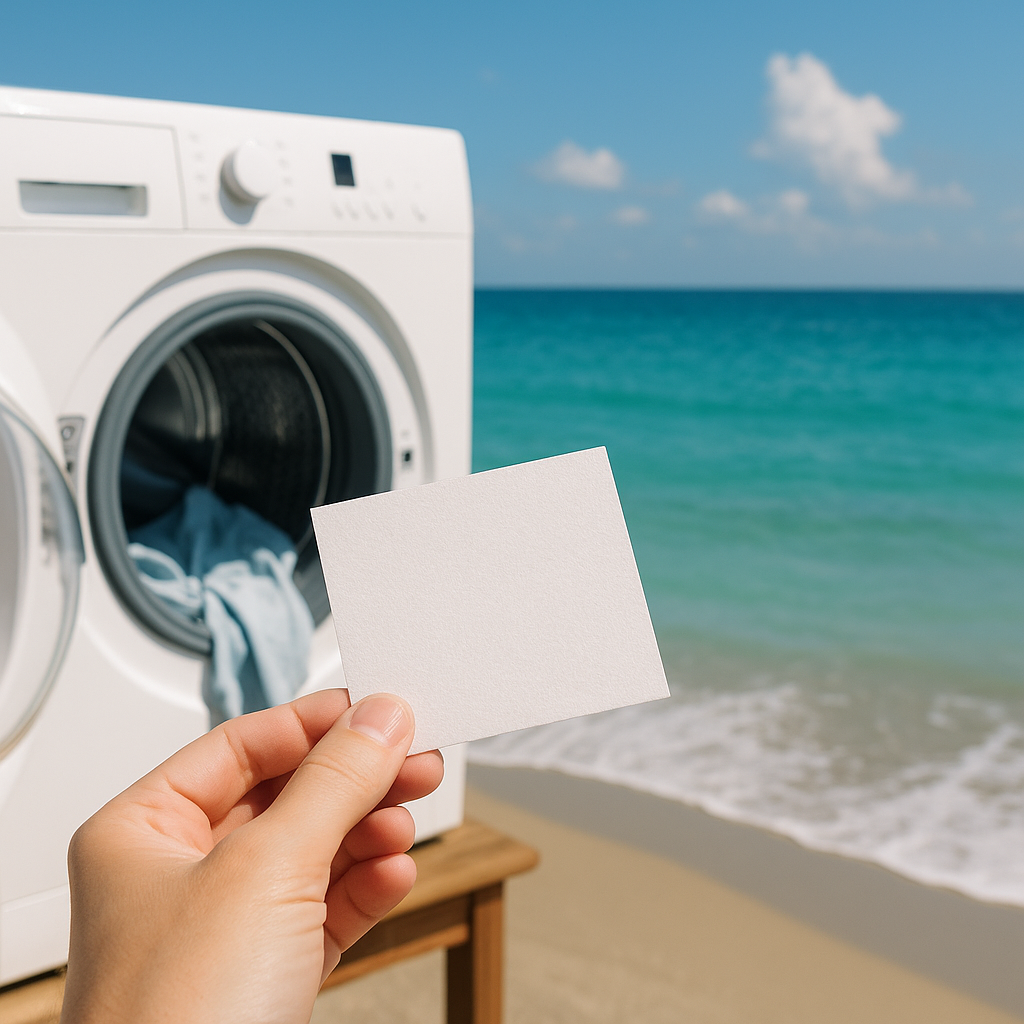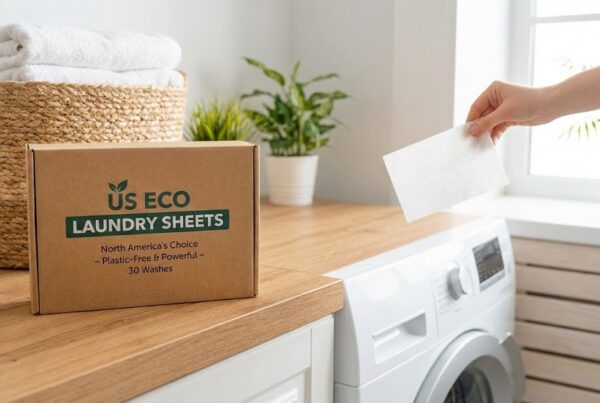Ocean-Friendly? This Laundry Sheet Leaves Truly No Residue
In today’s eco-conscious world, consumers are becoming more aware of the environmental impact of everyday products. Laundry detergent is one such household item under increasing scrutiny—especially when it comes to its effect on our waterways. Enter a new contender in sustainable cleaning: residue-free, ocean-friendly laundry sheets.
But what makes a laundry detergent sheet truly ocean-friendly? And can it really match traditional products in cleaning performance while protecting our planet? Let’s dive into the facts.
Why the Ocean Matters in Your Laundry Routine

Every time we do laundry, residue from detergent—often filled with surfactants, microplastics, phosphates, and artificial fragrances—can enter our water systems. These residues make their way through wastewater treatment systems, and eventually, into rivers, lakes, and oceans.
The result?
-
Harm to aquatic life
-
Algae blooms triggered by phosphorus
-
Accumulation of microplastics in the food chain
That’s why choosing truly biodegradable, residue-free laundry products is more than just a household decision—it’s an environmental commitment.
What Does “No Residue” Really Mean?
Many laundry detergents claim to be “eco-friendly,” but they still leave behind residues—both on clothes and in wastewater. A truly no-residue laundry sheet should:
-
Dissolve completely in cold or warm water
-
Rinse away without clinging to fabrics or draining systems
-
Contain no harsh chemicals, dyes, or non-biodegradable fillers
When detergent leaves zero residue, it’s not only safer for sensitive skin but also better for the planet.
Real Ocean-Friendly Credentials to Look For
When evaluating whether a laundry sheet is truly ocean-safe, consider the following certifications and standards:
✅ Biodegradable Formula: The ingredients should break down naturally in water and soil, ideally within 28 days.
✅ Free of Phosphates and SLS: These ingredients are common in traditional detergents but are harmful to marine life.
✅ Microplastic-Free: Even natural-sounding products can contain microplastics disguised as “fragrance capsules” or stabilizers.
✅ Minimal Packaging Waste: Look for plastic-free, recyclable, or compostable packaging.
✅ Cruelty-Free and Vegan: These are often indicators of a brand that values ethical and sustainable practices throughout the product life cycle.
How This Laundry Sheet Delivers a Clean You Can Trust
One standout product in the space combines plant-based surfactants, cold-water solubility, and a truly fragrance-free formula—ideal for eco-conscious homes. Key features include:
🌊 Zero-waste packaging
🌊 No skin irritation or film on fabrics
🌊 Thorough cleaning even in quick wash cycles
🌊 Safe for septic systems and greywater reuse
It’s a win-win for households seeking sustainability and effectiveness.
Real-Life Benefits: From Laundry Room to Ocean
Here’s how switching to a no-residue, ocean-friendly laundry sheet can make a difference:
🌍 For the Environment:
-
Keeps rivers and oceans cleaner
-
Reduces plastic waste and chemical runoff
-
Lowers carbon emissions via lightweight shipping
👪 For Your Family:
-
Perfect for babies and people with skin sensitivities
-
No overpowering scents or hidden toxins
-
No risk of detergent buildup in clothes or machines
🧳 For Your Lifestyle:
-
Travel-ready and mess-free
-
Compact storage—ideal for small homes and apartments
-
Effortless measuring, no spills
Testimonials Speak Volumes
“After switching to these sheets, I noticed our clothes felt softer, and I love knowing we’re not polluting the ocean with every wash.”
– Sophia M., California
“No more plastic jugs, no more residues. It’s exactly what we needed for our sustainable lifestyle.”
– James K., Oregon
Final Thoughts: Small Choice, Big Impact
It may seem like a small change—switching your detergent format—but the impact adds up. With every load of laundry, you’re voting for cleaner oceans, healthier ecosystems, and a more sustainable home.
Choosing a no-residue, ocean-friendly laundry sheet isn’t just a trend—it’s a powerful step toward long-term environmental stewardship.





